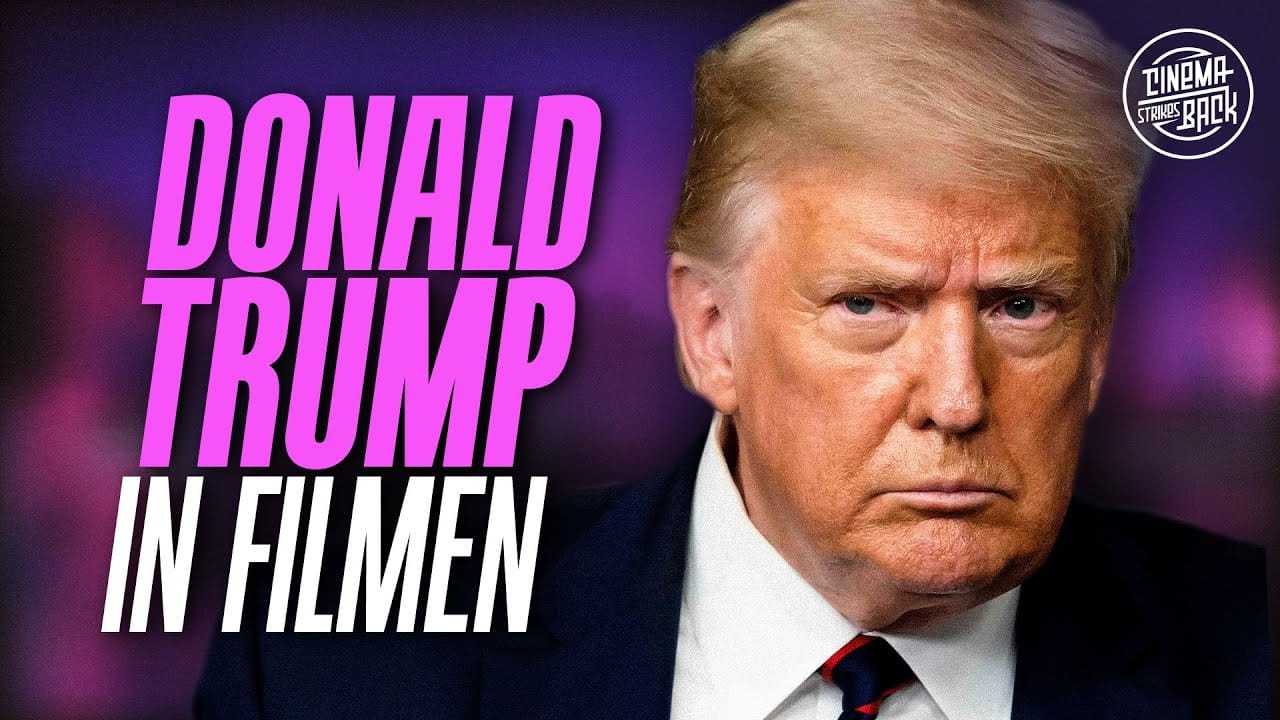In a recent statement that has garnered significant attention, former President Donald Trump proposed implementing a 100 percent tariff on foreign-made films. This initiative is intended to address what he perceives as an ongoing crisis within the American film industry, which he believes is being undermined by international competition. Trump’s comments are set against the backdrop of widespread discussions about the viability of Hollywood amid global changes in entertainment consumption and production.
Trump’s proposal suggests that imposing such tariffs on foreign films could potentially revive the American film industry, which he claims is facing a serious threat from overseas productions. He argues that national policies should prioritize American-made films, thus safeguarding jobs and sustaining cultural relevance in a rapidly evolving entertainment landscape. By implementing a 100 percent tariff, the former president contends that it would encourage viewers to choose American films over their foreign counterparts, thereby boosting domestic box office revenues and reinvigorating a struggling industry.
The context of Trump’s announcement reflects a broader concern within the U.S. entertainment sector. Industry insiders have noted shifts in viewing habits, particularly with the rise of streaming services and digital platforms that offer a plethora of international content. Many Americans now have access to films and series from various countries, creating an environment where local productions must compete in a more crowded marketplace. This influx of global content has led to considerations about how American films can retain their unique appeal while also adapting to international trends.
Supporters of Trump’s proposal believe that it could potentially lead to job creation within the industry, as more resources would be focused on domestic productions. This perspective aligns with a larger narrative of supporting American labor and preserving cultural integrity. They argue that protecting the U.S. film industry is crucial, especially as it has historically served as a soft power tool for the United States, influencing global culture and perceptions.
However, the proposal has also raised concerns among stakeholders in the entertainment industry. Critics argue that such tariffs could have adverse effects, stifling creativity and diversity within Hollywood. The movie industry thrives on collaboration and influence from various global cultures, and many creators assert that international partnerships foster innovation. Cautioning against a protectionist stance, they believe that tariffs could backfire, leading to retaliatory measures and potentially escalating into an unproductive trade war,
Proponents of free trade warn that imposing a 100 percent tariff on foreign films might discourage international collaborations that have been pivotal in creating successful projects. Film industries around the world often rely on cross-border investments and joint ventures, allowing for sharing of resources and talent. A sudden shift to a more isolationist approach could sever these valuable connections, ultimately harming the industry in the long run.
Additionally, some analysts have pointed out the potential legal and economic implications of enforcing such tariffs. Existing international trade agreements and treaties might come into conflict with the proposed measures, leading to complicated negotiations that could hinder rather than help the film industry. Filmmakers and industry professionals may find themselves navigating a complicated regulatory environment, impacting production schedules and budgets.
Aside from the economic aspects, Trump’s proposal also ignites a conversation about national identity and cultural representation in media. As Hollywood has often been viewed as the epicenter of global entertainment, the influence of foreign films poses questions about what constitutes American culture in cinema. Advocates for diversity in film argue that a mix of international influences enriches storytelling and brings varied perspectives to the forefront. This worldview suggests that an open marketplace may be more beneficial than a restrictive one, promoting a rich tapestry of narratives that resonate with a broader audience.
Trump’s remarks have sparked lively debates across various sectors, with industry analysts, policymakers, and filmmakers weighing in on the potential repercussions. The complexities of international competition in film production necessitate a nuanced approach rather than one that hinges solely on protectionist policies. There is a pressing need to balance support for domestic productions while also fostering an environment conducive to artistic exchange and collaboration.
As the entertainment landscape continues to evolve, stakeholders from various facets must adapt to the changing dynamics. Trump’s call for a 100 percent tariff on foreign films is a reminder of the conversations surrounding the future of Hollywood, its role in shaping cultural narratives, and the international dynamics that influence its standing. The proposed measure could serve as a catalyst for further discussions on how best to support the industry while embracing the rich diversity offered by global cinema. Ultimately, finding common ground among industry leaders and policymakers might yield a more effective strategy to ensure the prosperity of a timeless and influential American tradition: filmmaking.



